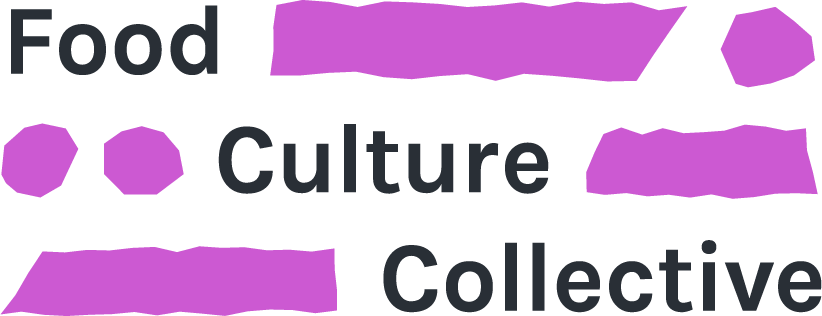“Can we create the kinds of places—within ourselves, within our communities, within the systems that our lives interact with everyday—that are actually conducive to care, and healing and transformation?”
—Alexis Flanagan
Creating Cultures of Care
-
When we meet, we create space to share more personally about our lives. We each have rich personal histories; ancestral legacies (blood, cultural, chosen); relationships and responsibilities beyond our work together; personal purpose; gifts, strengths, and learning edges; cultural and generational contexts; creative and spiritual practices; sorrows and joys. We do not expect ourselves or each other to uncomfortably flatten or segment who we are in our work; we value the insights, presence, and power that comes from all of who we are, awkwardness, messiness, exuberance, and emotions included.
-
Culture is a felt experience. Cultural strategist Tammy Johnson says, “get in your body, because that is where the information and wisdom is at.”
-
We understand that sometimes going “slow” is the fastest way to exponential impact. Who we are as people, and what we have energy to do, is an essential consideration in our strategy.
-
We focus on moving with those who are ready to build momentum towards our vision, rather than on convincing people who aren’t yet with us.
-
We focus on our best contribution towards this vision within this broader ecosystem, and support others in the ecosystem to make their best contributions.
-
We are a part of a rich lineage of beings who have laid the groundwork for our lives and the work we do. We honor and share the lineage of our work and practice. Our present actions are informed by the past and the future.
-
We recognize the history of settler colonialism and dominant culture of white supremacy and plantation capitalism has shaped the cultures we navigate every day. For whom and how? is a live question for us, to inform how we show up in and with our community of Queer, trans, non-binary, Black, Indigenous, people with disabilities, women, immigrants, diasporic people of color, and others who have historically and presently been targeted and marginalized within dominant, supremacist culture. Our programs and projects are designed to supplant harmful narratives that justify exploitation and extraction with liberatory narratives of food, land, and belonging.
-
We make space for pause, reflection, and adaptation, to recalibrate our navigation, following our purpose (our motivation & our strongest contribution) towards our vision, so our work remains alive and compelling for our community, our relationships, and the ecosystem we are woven into. We share celebrations, reflect on relationships, tension points, lessons, and revisit our accountability commitments. Where have we been? What’s ahead? What’s feeding us in this moment? What feels most alive and compelling? What questions are we chewing on? What adaptations would support our purpose and relationships?
-
We subvert traditional hierarchies of control, and orient to each other as collaborators to explore a governance that feeds us all. We-Govern is one example of a practice space to play with governance. We explore and practice Cyndi Suarez’s liberatory power, and various decision-making models, including autonomous, consultative, consent, and consensus decision-making, as the context and needs call for.
-
We proactively and courageously lean into moments of tension, with respect, care, and curiosity, as opportunities for new insights and clarity. When acute moments of tension arise, we turn to our POP protocol to guide us; described further below.
How we show up with care is a critical ingredient to the change that’s needed. How is care embedded in our daily interactions? In moments of tension? In our governance? In our values? In our strategy?
What does it take to cultivate a food culture that feeds our collective healing and transformation?
What does it take to cultivate a food culture that feeds our collective healing and transformation?
This is what we practice:
We proactively and courageously lean into moments of tension, with respect, care, and curiosity, as opportunities for new insights and clarity.
When acute moments of tension and discomfort arise, we follow the Pineapple, Pop-Out, Proceed (PPP) Protocol, with an accountability steward to move through the process below.
Pineapple
Pop-Out
Proceed
Protocol
-
If a person experiences a moment of discomfort, tension, harm or conflict, a person may call out / write in chat: PINEAPPLE. Anyone may exercise the word!
-
A 10-min. breath break and check-in begins, extending if more time is needed, for the person who calls the word pineapple to answer the following questions:
—Who is involved in this moment? Who should be a part of navigating the moment?
—Who on the team would you like support from, if desired?
—What’s the tension or pain point?
—What steps should be taken next?
—Who should take these steps?
—What is the timeline of these actions?
-
The accountability steward checks in with all parties involved, and may support with the assessment of the questions above and support to decide next steps.
We invite you into sharing how you would like to be a part of a culture of care, and dig deeper into narratives that seed this culture of care.







